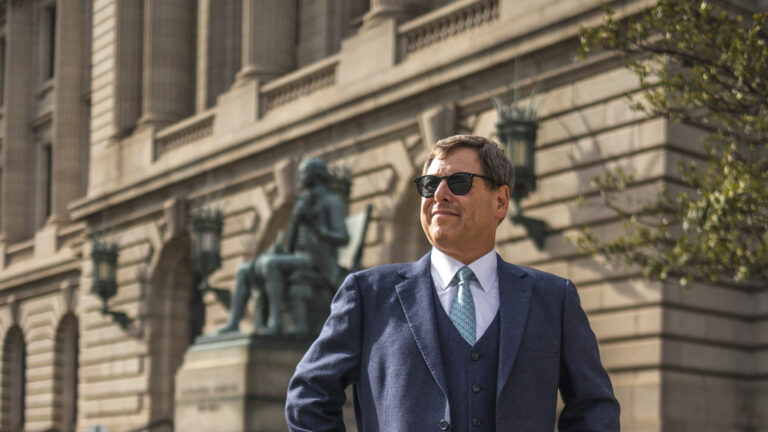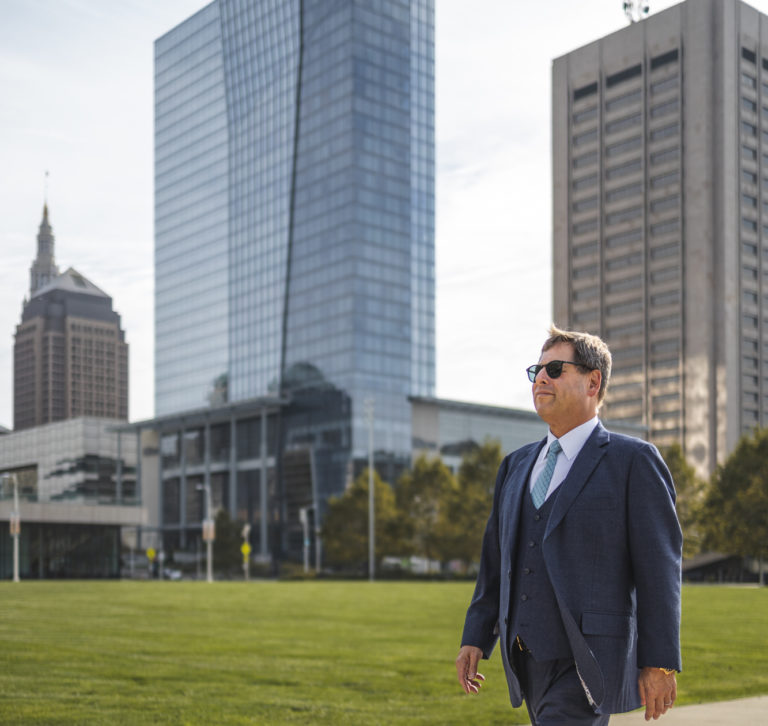Federal courts in Texas and Ohio have rolled back restrictions on voting rights put in place by state lawmakers, marking another development in the battle between the federal government and the states over who can vote and when.
In Texas, Gov. Rick Perry recently signed a bill requiring voters to produce a photo ID card in order to cast a ballot. Perry and voter ID supporters claim that these laws are necessary to prevent in-person voter fraud, while critics maintain that such laws are put in place by Republicans in order to make it harder for poor and minority voters to cast a ballot. The United States District Court for the District of Columbia seemed to agree with the critics last week when it struck down the Texas voter ID law, holding that it imposed “strict, unforgiving burdens on the poor.” Under the Voting Rights Act of 1965, Texas is one of the states required – due to its history of racial discrimination in voting – to get federal approval of changes made to “any voting qualification or prerequisite to voting, or standard, practice, or procedure with respect to voting.” In such cases, the state proposing the changes bears the burden of showing that the proposed change will not “lead to a retrogression in the position of racial minorities with respect to their effective exercise of the electoral franchise.” The United States District Court for the District of Columbia, along with the Department of Justice, have the authority to approve or strike down laws effecting the right to vote.
The Court noted that while the Texas law allowed voters lacking acceptable photo ID to obtain an ID card free of charge, the “free” IDs would not in fact be costless. “Not only will prospective voters have to expend time and resources traveling” to a Public Safety office, “but once there they will have to verify their identity by providing ‘satisfactory’ documentation,” (such as a birth certificate), which would in fact cost a voter some amount of money. Texas v. Holder, No. 12-CV-128, 3 (D.D.C.). The Court noted that 81 Texas counties have no Public Safety office, forcing many voters to travel great distances to obtain a proper form of ID. The Court reasoned that these barriers would in fact disenfranchise minority voters in Texas. “This conclusion flows from three basic facts:”
(1) a substantial subgroup of Texas voters, many of whom are African American or Hispanic, lack photo ID; (2) the burdens associated with obtaining ID will weigh most heavily on the poor; and (3) racial minorities in Texas are disproportionately likely to live in poverty. Accordingly, [the voter ID law] will likely “lead to a retrogression in the position of racial minorities with respect to their effective exercise of the electoral franchise.”
Texas v. Holder, No. 12-CV-128, 45 (D.D.C.). Despite the Court’s ruling, the matter remains unsettled, as state officials intend to appeal. Even giving voter ID proponents the benefit of the doubt, it’s hard to believe that they’re only aim is to prevent voter fraud. As New York University School of Law’s Brennan Center for Justice has demonstrated, one is more likely to be struck and killed by lightning that to encounter a case of in-person voter fraud. Indeed, over the last decade, only ten cases of voter impersonation have been reported. With actual cases of voter impersonation being virtually non-existent, it hardly seems worthwhile to enact laws that will do far more to disenfranchise eligible voters than they will to prevent fraud.
The battle between the federal government and the states over voting rights took an interesting turn in Ohio last week, when U.S. District Court Judge Peter Economus ordered Secretary of State John Husted to appear before him to explain why his office has decided to ignore a federal court order to keep the state’s extended voting hours in place for the November election. President Obama’s reelection campaign filed suit against Husted, arguing that Ohio’s decision to limit in-person early voting on the three days prior to the election to military personnel only was unconstitutional. Judge Economus agreed, holding that early voting hours must be restored in order to place “all Ohio voters on equal standing.” The court also rejected the state’s argument that early voting for all would be too costly, finding that there was “no definitive evidence before the court that elections boards will be tremendously burdened.”
Secretary Husted and Attorney General Mike DeWine pledged to appeal the ruling, and initially voiced their decision not to abide by the federal order to set uniform early voting hours until the Sixth Circuit Court of Appeals said that they really had to. This open defiance of federal authority led Judge Economus to order Secretary Husted to appear before him. Should Husted fail to show up, or fail to enforce the court’s order, Judge Economus could hold him in contempt of court. Federal courts have broad discretion in imposing penalties for contempt, meaning that Secretary Husted could face jail time or fines until he complies with the court’s orders.
Secretary Husted has since rescinded his order to county election boards instructing them to disobey the District Court’s order, and has requested a stay of the order pending appeal.
For his part, Husted said that extending early in-person voting before the Sixth Circuit hears the matter would only “confuse voters.” What’s more confusing is why Husted believes he doesn’t have to comply with a federal court order. Perhaps Husted is right that the rules shouldn’t be altered until the Sixth Circuit has the last say. But unless and until the court stays the order pending appeal, Secretary Husted is now obligated to extend early voting times to all Ohio voters.
UPDATE: Since Secretary Husted decided to comply with the court’s order, he is no longer required to appear before Judge Economus.




